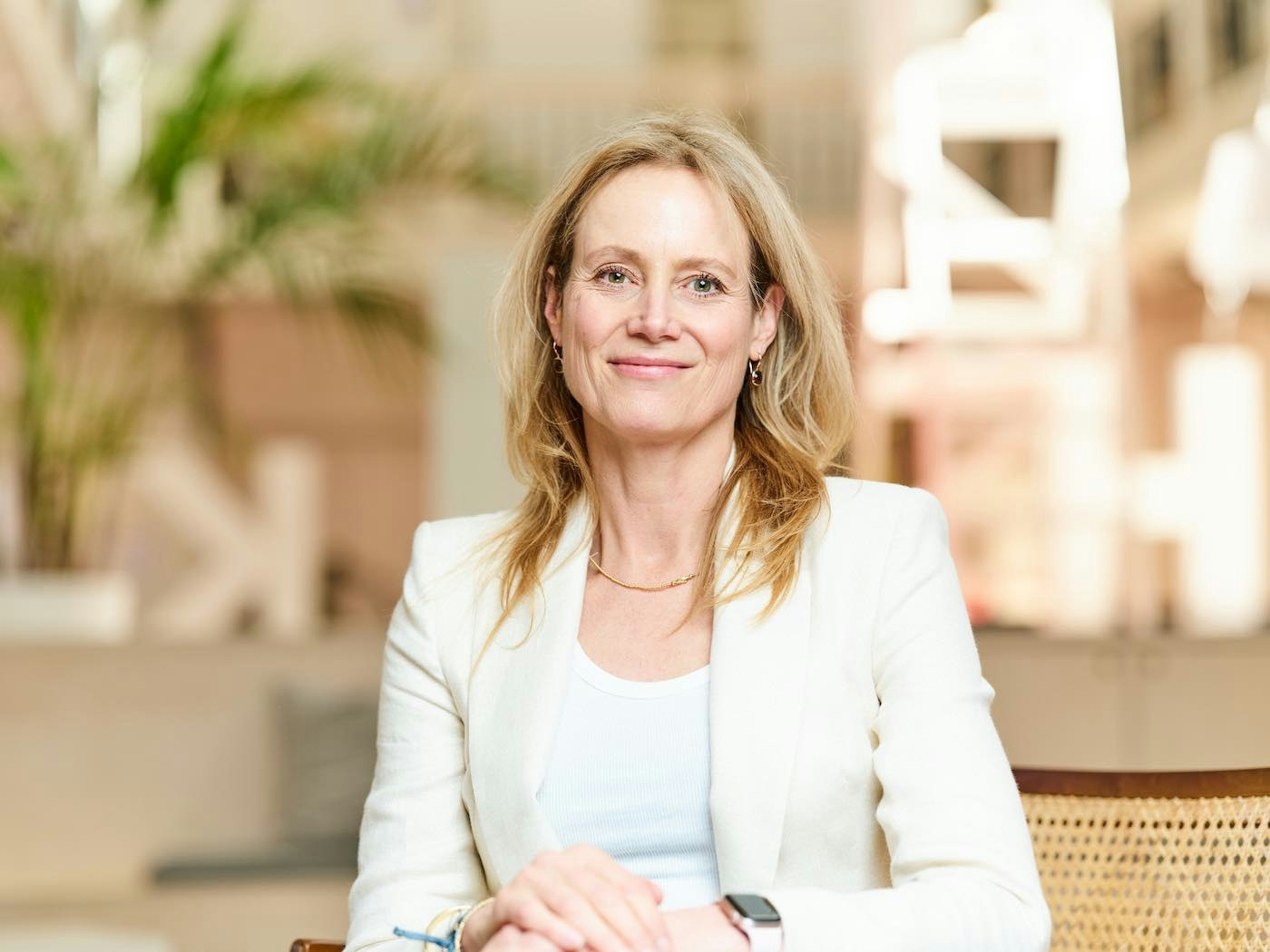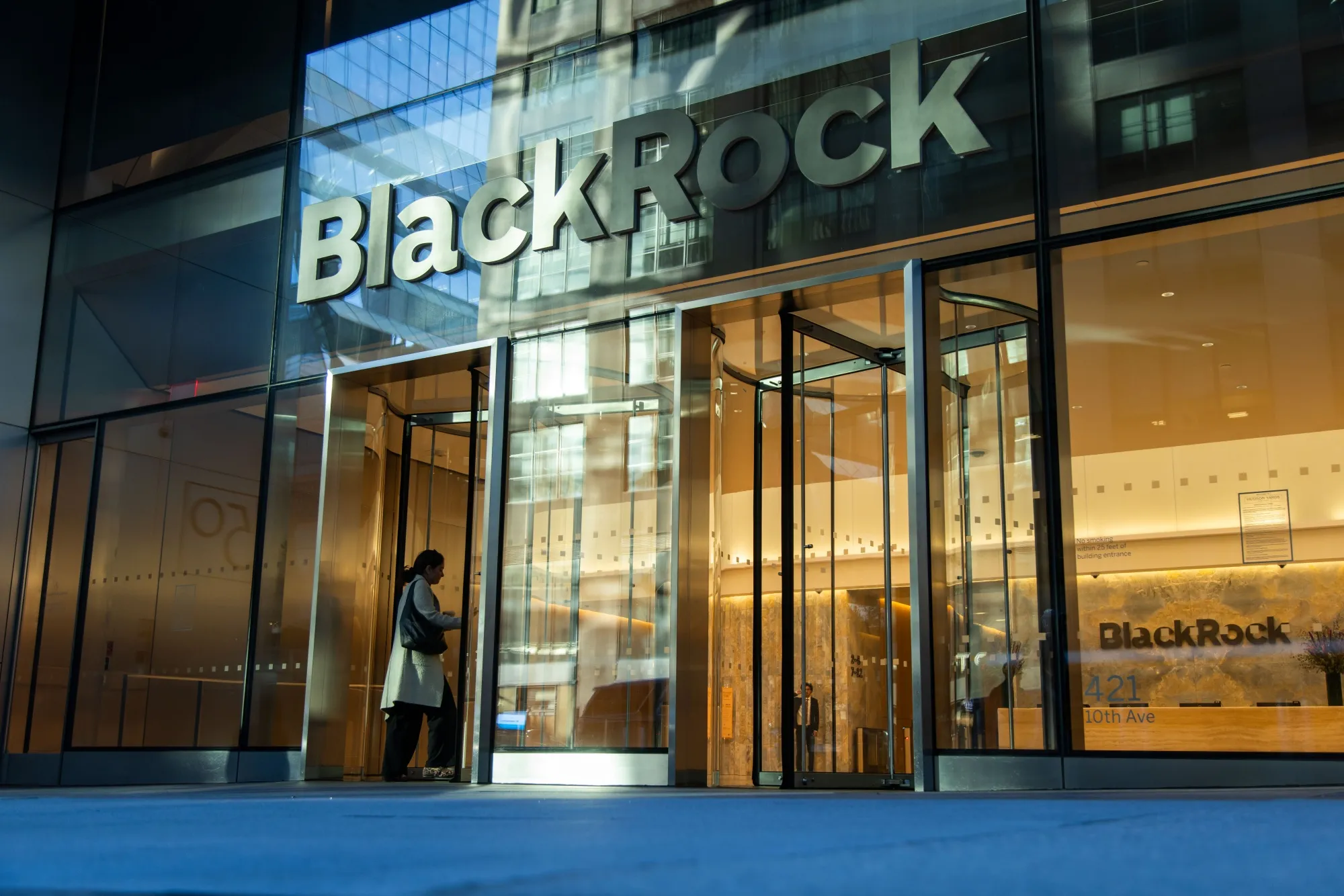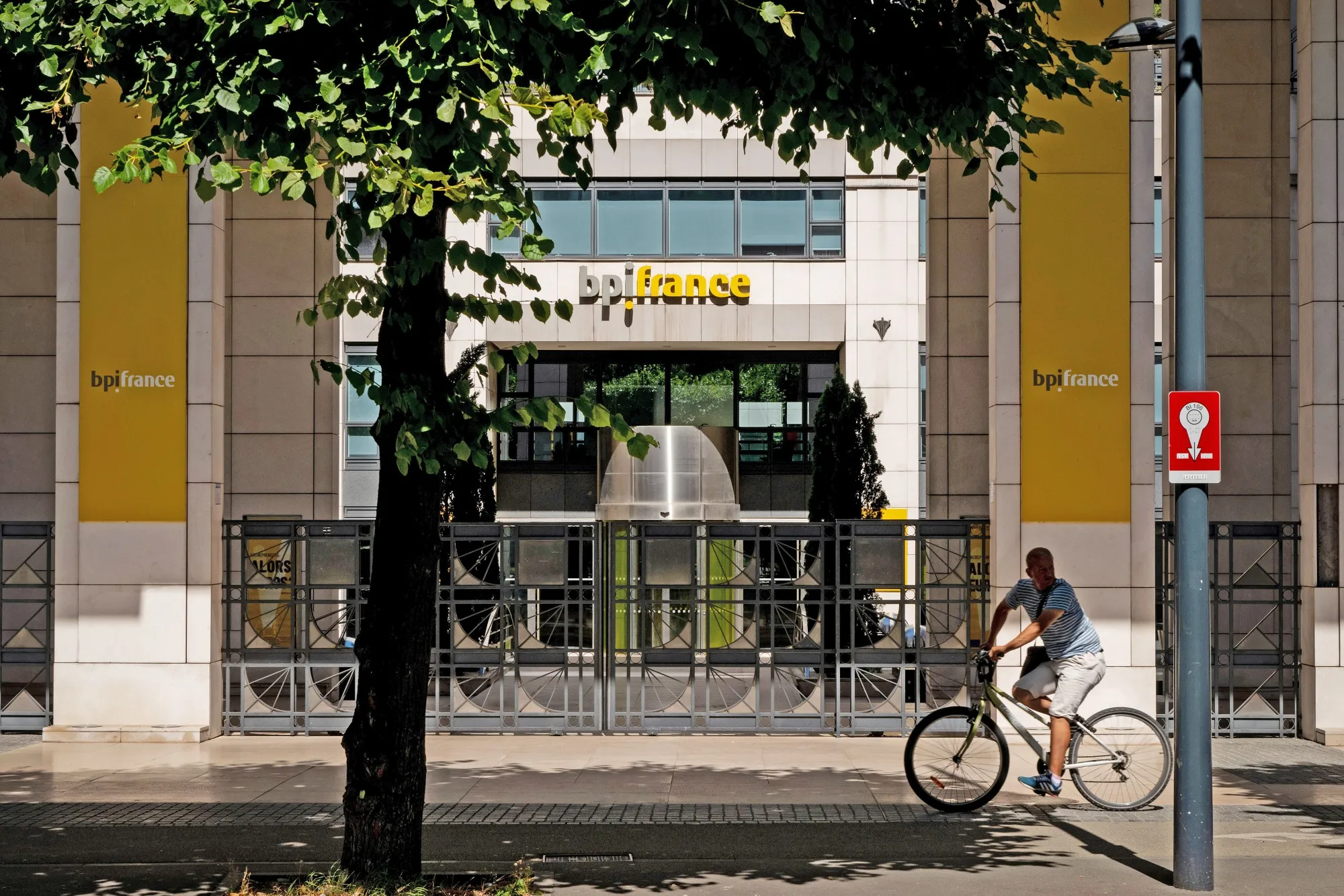This week it was announced that 43 of the good and the great from the VC world — with a collective £900bn in assets under management — are launching a new mentoring programme to tackle the persistent underinvestment in female founders. An initiative to be applauded given that at last count female founders secured just 1.1% of all VC investment in Europe. With the odds so staunchly stacked against us, we absolutely do need all the support we can get to help us figure out how to play the game and win.
However, I’m not convinced that the “200 Billion Club” will have any meaningful impact in shifting the meagre amount of investment going to female founders. Why? Because the focus of the 12-week programme is on “getting participants pitch-perfect and VC investable”. This clearly implies that the root cause of the problem lies with female founders not being up to scratch, rather than the VC industry being structurally biased.
Having raised over $50m in financing for my female cofounded business, and spoken to hundreds of other early-stage founders — plus having pored over the data — I firmly believe that rather than trying to "fix" female founders, the VC industry needs to do the much harder work of fixing itself. It is only by changing the composition of the gatekeepers of capital that we stand any chance of changing the distribution of capital.
Why the evidence suggests women are great at pitching
There are several reasons I believe this to be the case. First, if I look back over the hundreds of founder decks and conversations I’ve had in the last seven years, I’ve noticed absolutely zero difference in the quality of pitches from the women versus the men. What I have noticed is that the female founders seem to be disproportionately solving significant social and environmental problems which, to date, have sadly failed to excite — and therefore elicit investment from — the predominantly male VC industry. It seems to me that through short-changing women we’re simultaneously short-changing humanity — and that should worry us all.
The second thing that suggests the problem lies with the VC industry comes from my own track record. My conversion rate when pitching to female investors is a very healthy 75%, whereas my conversion rate when pitching to male investors is closer to 5-10%.
Suddenly my own fundraising experiences — which have always felt like a soul-destroying battle against a wall of male cynicism and disbelief — made sense
This wouldn’t be a problem were it not for the fact that it feels like I can count the number of UK-based, cheque-writing female VCs on one hand. Indeed, according to the BVCA only 10% of senior investment professionals are female. It therefore seems obvious that the fate of female fundraising would be transformed overnight if half of all VC investment committees were female.
Finally, it’s also important to note that while the “200 Billion Club” announcement is aimed specifically at female founders, ethnically diverse founders suffer an equally appalling lack of investment. Truly diverse investment committees would go a long way in righting this.
Battling against society’s biases
However, we have to be aware that sadly even that wouldn’t be enough, because, in addition to facing a structurally biased VC industry, we’re also pitching within the context of a society that is both consciously and unconsciously biased against women. This really hit home when I watched the incredible Ted talk by London Business School’s Dr Dana Kanze. She highlights that female founders are asked "prevention" questions by investors of either gender, whereas male founders are asked "promotion" questions. Apparently, the trick to overcoming this downside-bias and to securing investment is to answer prevention questions with a promotion response.
Watching Kanze’s talk felt like such an "a-ha" moment. Suddenly my own fundraising experiences — which have always felt like a soul-destroying battle against a wall of male cynicism and disbelief — made sense. On the rare occasion I’ve experienced promotion questions, I’ve finally understood why so many male founders enjoy fundraising — it can be incredibly fun co-creating the upside!
Read More: The VCs who've backed the most female founders
The other conscious and unconscious biases we female founders must also navigate include our tone of voice (not too soft, not too harsh), our ambition (never taken seriously, or never enough), our commerciality (always underestimated) and our clothes (not too feminine, not too masculine). It’s an exhausting tightrope to walk when all you want to do is focus on growing your business.
To close out: while I’m sure the cohort of female founders joining the “200 Billion Club” will benefit enormously from the free coaching and connections, what we really need is structural reform of the VC industry. Instead of trying to remedy us female founders with the “200 Billion Club”, perhaps the industry should remedy itself with the “Fifty Percent Club”: a club where all member firms have a 50% female investment committee. Because what we female founders really need is more money, not more mentoring.



